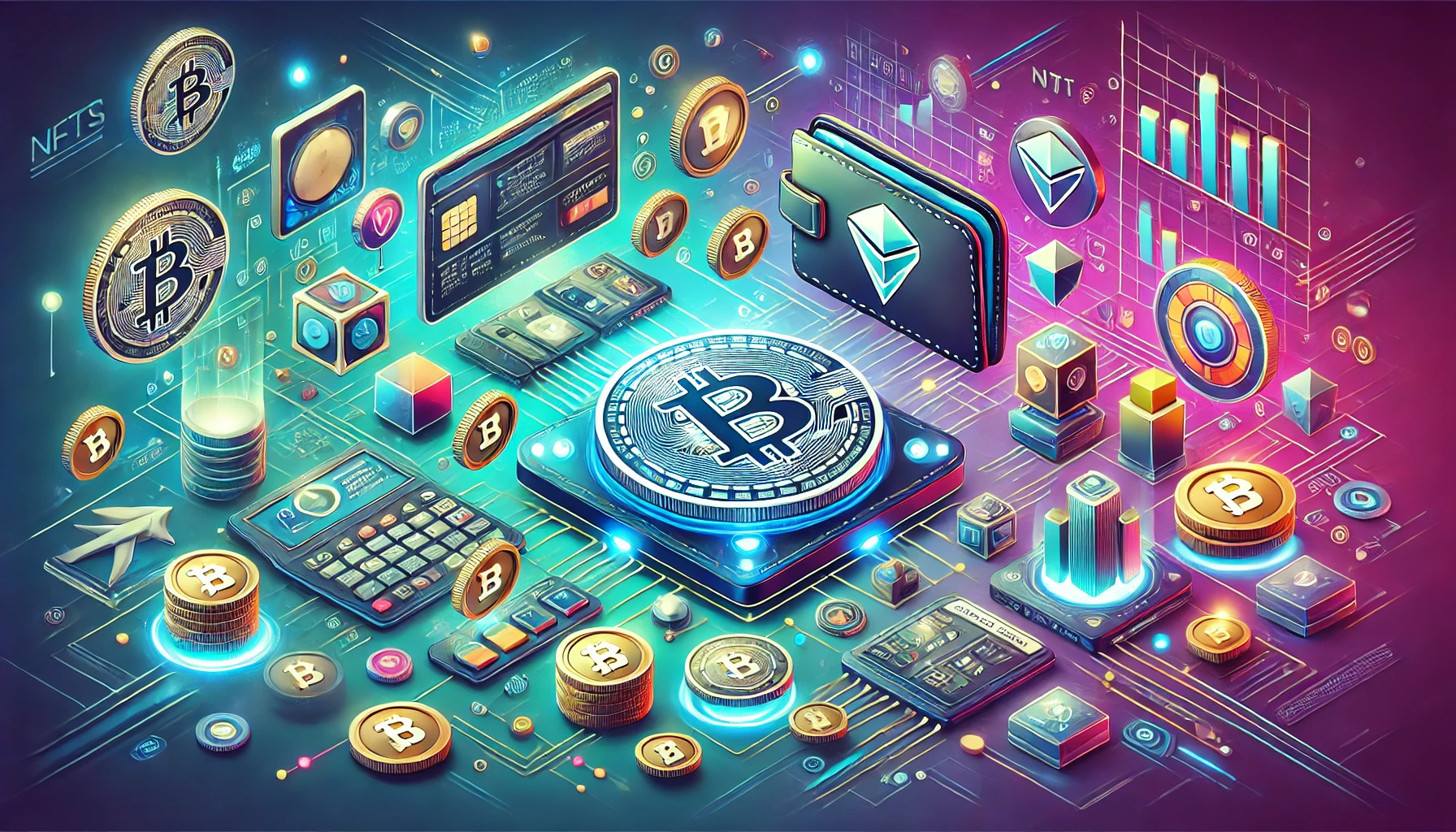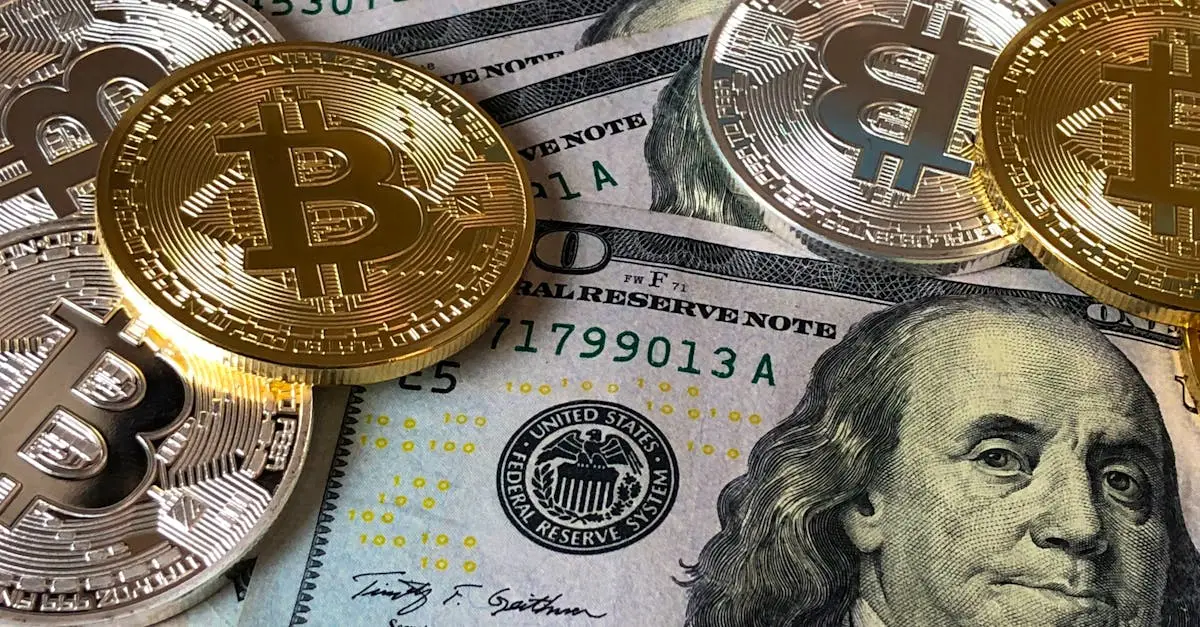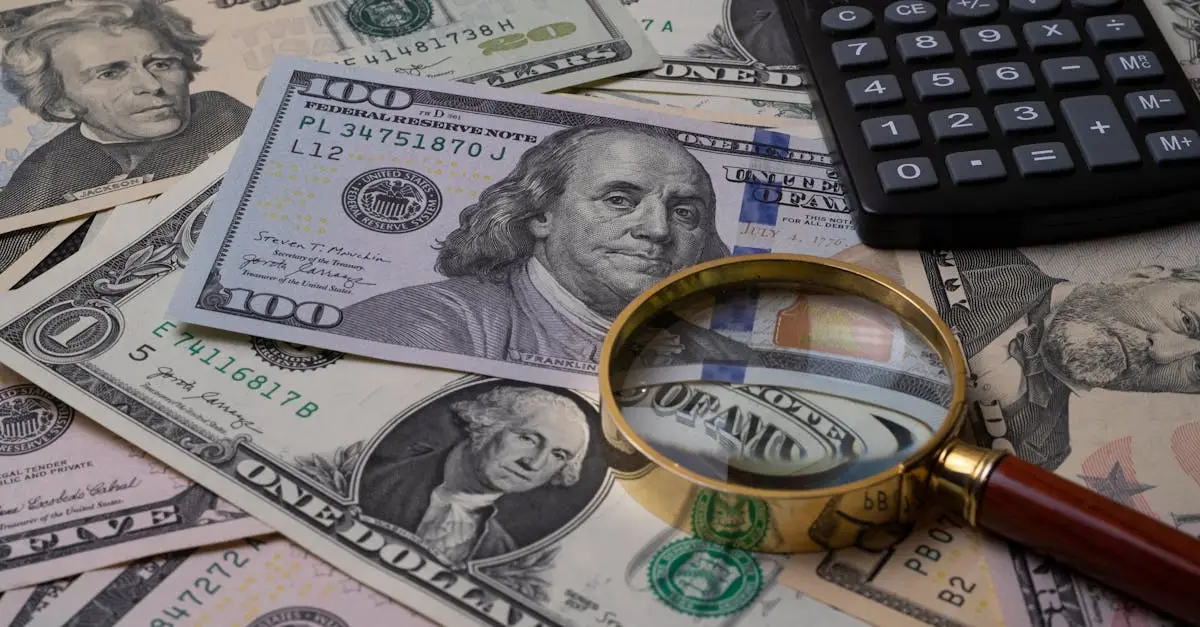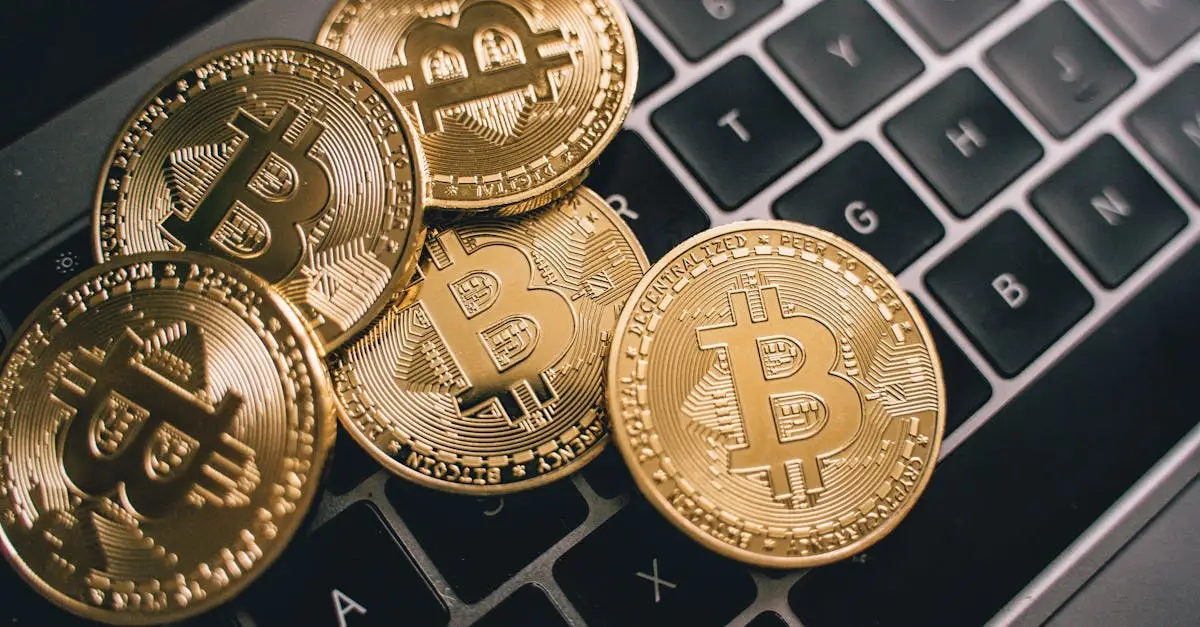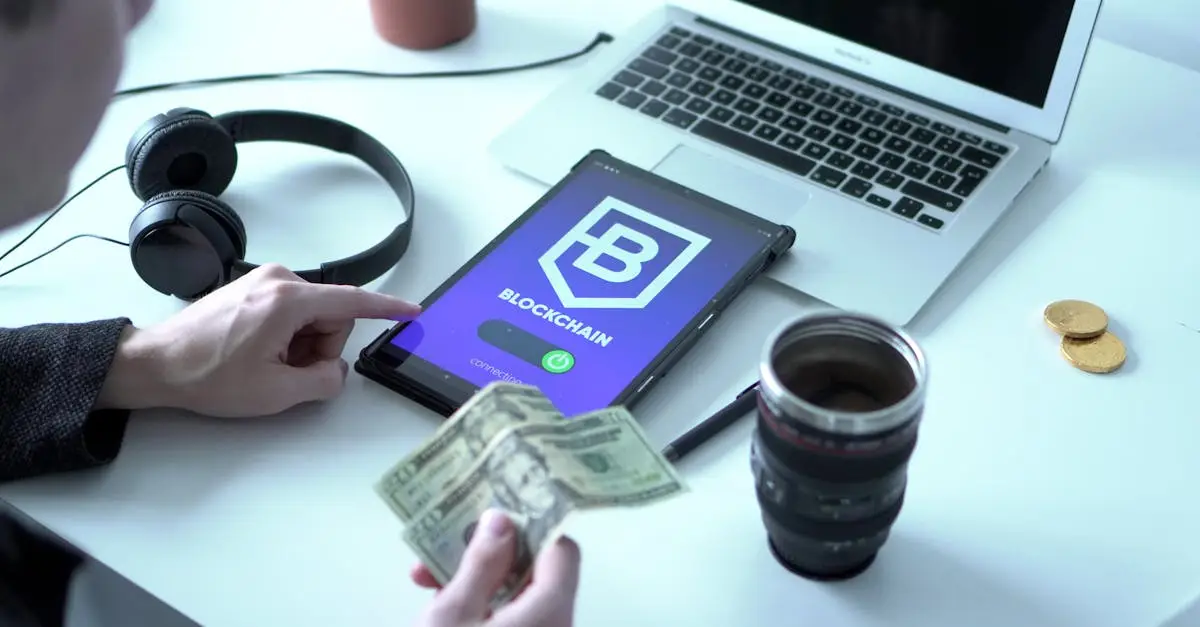Welcome, investors, to the fascinating world of NFTs. This article is your comprehensive guide to mastering Non-Fungible Tokens, or NFTs, which have taken the digital world by storm. By delving into topics such as Understanding the Basics of Non-Fungible Tokens, Exploring the Unique Properties of NFTs, and Navigating the NFT Marketplace, you will gain valuable insights into this innovative and rapidly growing asset class. Whether you are a seasoned investor looking to diversify your portfolio or someone curious about the latest trends in the digital space, understanding NFTs is crucial in today’s market.
At the core of the NFTs. craze lies the concept of digital ownership. Unlike traditional cryptocurrencies such as Bitcoin or Ethereum, which are fungible and can be exchanged on a one-to-one basis, NFTs are unique digital assets that represent ownership of a specific item or piece of content. This uniqueness is achieved through blockchain technology, which ensures the scarcity, provenance, and authenticity of each NFT. As we explore the Rise of NFTs, from their origins in digital art to their expansion into real estate and beyond, it becomes clear that these tokens are reshaping how we perceive and interact with digital property.
One of the most exciting aspects of NFTs. is their ability to revolutionize the way we buy, sell, and trade digital assets. Navigating the NFT Marketplace can be a daunting task for newcomers, but with the right knowledge and strategy, anyone can participate in this burgeoning market. From collecting rare digital art pieces to investing in virtual real estate, the opportunities within the NFT ecosystem are endless. As we uncover the possibilities and challenges of trading NFTs, you will be equipped to make informed decisions and maximize your investment potential.
As you embark on your journey to master NFTs., it is essential to understand the underlying technology that powers these digital assets. Blockchain technology plays a central role in the NFT ecosystem, providing security, transparency, and decentralization to transactions. By grasping the Role of Blockchain Technology in NFTs, you will appreciate how this revolutionary technology is shaping the future of digital ownership and creating new possibilities for creators and investors alike.
For those interested in creating their own NFTs, this guide offers a Step-by-Step approach to the process, empowering artists, musicians, and content creators to tokenize their work and engage with a global audience. Additionally, we will delve into the Legal Implications of Owning NFTs, as the regulatory landscape surrounding these digital assets continues to evolve. By staying informed and compliant, you can safely navigate the legal aspects of NFT ownership and ensure a secure investment journey.
Join us as we uncover the intrinsic value of collectibles in the NFT world, explore the impact of NFTs in the music industry, and speculate on the Future Trends and Innovations that will shape the NFT market in the years to come. Whether you aim to become a successful NFT investor or simply wish to expand your knowledge in the digital asset space, mastering NFTs. is your key to unlocking a world of possibilities and opportunities in the realm of non-fungible tokens.
For further exploration on NFTs, we recommend visiting the following links: Investopedia’s NFT Guide and CoinDesk’s NFT Resources.
Understanding the Basics of Non-Fungible Tokens (NFTs)
Non-Fungible Tokens, commonly known as NFTs, have taken the digital world by storm in recent years. But what exactly are NFTs and how do they work?
Ownership and uniqueness are two key aspects that differentiate NFTs from other cryptocurrencies. While traditional cryptocurrencies like Bitcoin are interchangeable and have the same value, each NFT is unique and cannot be replicated.
The blockchain technology is at the core of NFTs, ensuring authenticity and provenance. Every NFT has a distinct code stored on the blockchain, providing a transparent and secure way to verify ownership.
Art, music, videos, and even tweets can be tokenized as NFTs, allowing creators to monetize their work in a revolutionary way. The ability to prove ownership and scarcity has attracted artists, collectors, and investors to the NFT market.
Exploring the Unique Properties of NFTs
When delving into the world of cryptocurrencies and blockchain technology, one term that has gained significant attention is Non-Fungible Tokens, or NFTs. These digital assets have unique properties that set them apart from traditional cryptocurrencies like Bitcoin and Ethereum.
One of the key features of NFTs is their indivisibility. Unlike cryptocurrencies that are interchangeable, each NFT has distinct properties that make it one-of-a-kind. This uniqueness is recorded on the blockchain, providing irrefutable proof of ownership.
Another fascinating aspect of NFTs is their ability to represent ownership of digital or physical assets. Whether it’s a piece of digital art, a collectible item, or even real estate, NFTs offer a way to tokenize ownership and track provenance securely.
Smart contracts play a crucial role in the creation and transfer of NFTs. These self-executing contracts are encoded with the specific terms of the transaction and automatically enforce them when certain conditions are met, ensuring a seamless and trustless exchange of assets.
The market for NFTs has witnessed exponential growth in recent years, with high-profile sales and collaborations drawing mainstream attention. As more artists, creators, and investors embrace the potential of NFTs, the landscape of digital ownership is undergoing a significant transformation.
The Rise of NFTs: From Digital Art to Real Estate
The world of NFTs is expanding rapidly, moving beyond its origins in digital art to encompass new and innovative applications. One of the most exciting developments is the use of NFTs in the real estate market.
NFTs are now being used to represent ownership of physical properties, revolutionizing the way real estate transactions are conducted. By tokenizing properties as NFTs, buyers can purchase fractional ownership or trade properties with ease, all recorded securely on the blockchain.
Investors are increasingly turning to NFTs as a way to diversify their portfolios and tap into new markets. The liquidity, transparency, and security offered by NFTs make them an attractive option for those looking to invest in real estate without the traditional barriers to entry.
Furthermore, the use of NFTs in real estate opens up opportunities for global investment and allows for greater accessibility to high-value properties. Fractional ownership through NFTs enables individuals to invest in properties they may not have been able to afford otherwise, democratizing the real estate market.
As the intersection of NFTs and real estate continues to evolve, we can expect to see further innovation in how properties are bought, sold, and owned. The rise of NFTs in real estate represents a significant shift in the industry, bringing new possibilities and disrupting traditional models.
Navigating the NFT Marketplace: Buying and Selling NFTs
When it comes to NFTs, navigating the marketplace can seem like a daunting task, especially for new investors looking to buy or sell these digital assets.
Understanding the Basics
Before diving into the world of NFTs, it is essential to understand the basics. NFT stands for non-fungible token, which means that each token is unique and cannot be replicated or exchanged for something else on a one-to-one basis.
Choosing the Right Platform
One of the first steps in buying or selling NFTs is choosing the right platform. There are several options available, each with its own set of features and fees. It is crucial to research and compare different platforms to find the one that best suits your needs.
Market Research
Conducting thorough market research is key to success in the NFT marketplace. By staying informed about trends, popular artists, and upcoming collections, investors can make more informed decisions when buying or selling NFTs.
Creating a Strategy
Having a clear strategy is essential for navigating the NFT marketplace successfully. Whether you are looking to invest in digital artwork or create and sell your own NFTs, having a plan in place can help you stay focused and achieve your goals.
Staying Informed
The world of NFTs is constantly evolving, with new projects and trends emerging regularly. Staying informed through reputable sources, forums, and social media can help investors stay ahead of the curve and make informed decisions.
The Role of Blockchain Technology in NFT Ecosystem
Understanding the NFTs craze involves delving into the underlying technology that supports these unique digital assets. Blockchain technology plays a pivotal role in the NFT ecosystem by providing a decentralized and secure platform for buying, selling, and trading these one-of-a-kind tokens.
One of the key benefits of using blockchain for NFTs is the ability to verify ownership and authenticity without the need for intermediaries. Each NFT is stored on the blockchain, ensuring that the ownership history is transparent and tamper-proof. This level of trust and security is crucial for investors looking to participate in the growing NFT market.
Additionally, blockchain technology enables smart contracts, which are self-executing contracts with the terms of the agreement directly written into lines of code. Smart contracts automate the process of buying and selling NFTs, eliminating the need for middlemen and reducing the risk of fraud. This efficiency and transparency make blockchain an ideal foundation for the NFT ecosystem.
Furthermore, the decentralized nature of blockchain ensures that NFTs can be created, bought, and sold across various platforms without being tied to a specific marketplace. This interoperability expands the reach of NFTs and allows for greater liquidity in the market, attracting more investors and collectors to participate in this burgeoning asset class.
In conclusion, blockchain technology serves as the backbone of the NFTs ecosystem, providing the necessary infrastructure for the creation, authentication, and trading of non-fungible tokens. As the demand for NFTs continues to rise, understanding the role of blockchain technology is essential for investors looking to capitalize on this innovative and potentially lucrative market.
Creating Your Own NFT: A Step-by-Step Guide
So you’ve decided to explore the world of NFTs and create your very own non-fungible token. Let’s break down the process into simple steps to help you navigate this exciting digital landscape.
1. Choose Your Content: The first step in creating an NFT is selecting the content that you want to tokenize. This could be digital artwork, music, videos, virtual real estate, or any other digital file that you believe has value and appeal.
2. Select a Blockchain Platform: Next, you’ll need to choose a blockchain platform to mint your NFT. Ethereum is currently the most popular choice for creating NFTs, but there are other options like Binance Smart Chain and Flow.
3. Set Up a Crypto Wallet: To interact with the chosen blockchain platform, you will need a cryptocurrency wallet that supports the network. MetaMask is a common choice for Ethereum-based NFTs.
4. Mint Your NFT: Once you have your content, blockchain platform, and wallet ready, you can proceed to mint your NFT. This process involves creating a digital certificate of ownership for your digital asset.
5. List Your NFT for Sale: After minting your NFT, you can choose to list it for sale on NFT marketplaces like OpenSea, Rarible, or Foundation. Set a price for your NFT or opt for an auction-style sale.
6. Promote Your NFT: Marketing plays a crucial role in the success of your NFT. Utilize social media, NFT communities, and influencers to promote your creation and attract potential buyers.
7. Ensure Legal Compliance: As the NFT space evolves, regulations may come into play. Stay informed about the legal implications of creating and selling NFTs to avoid any potential issues.
By following these steps, you can create and launch your own NFT into the digital marketplace. Embrace the creative possibilities and unique opportunities that NFTs offer in the world of blockchain technology.
The Legal Implications of Owning NFTs
When it comes to the fascinating world of NFTs, one must also consider the legal implications that come with owning these unique digital assets. As non-fungible tokens continue to gain popularity, it is essential for investors to understand the legal framework surrounding NFT ownership.
Smart Contracts and Copyright Issues
One of the key legal aspects of owning an NFT pertains to the smart contracts that govern the token. Smart contracts are self-executing contracts with the terms of the agreement directly written into code. However, issues can arise when it comes to copyright ownership of the digital content associated with the NFT. It is crucial for investors to ensure that they have the proper rights to the content linked to their NFTs to avoid potential copyright infringement claims.
Securing Ownership and Authenticity
Another important legal consideration for NFT owners is the validation of ownership and the authenticity of the digital asset. Since NFTs are based on blockchain technology, ownership is verified and stored on a decentralized ledger. This can provide a level of security; however, it is essential to be cautious of potential fraud or misrepresentation when purchasing an NFT. Due diligence is necessary to confirm the legitimacy of the NFT and the rights associated with it.
Tax Implications and Regulatory Compliance
As with any investment, NFT ownership may have tax implications that investors need to be aware of. The buying, selling, and trading of NFTs can trigger capital gains tax, and it is essential to stay compliant with tax regulations. Additionally, the regulatory environment surrounding NFTs is still evolving, with authorities considering how to regulate this emerging asset class. Investors should stay informed about the legal and regulatory developments in the NFT space to avoid any potential liabilities.
By understanding the legal implications of owning NFTs, investors can navigate this exciting market with confidence and diligence. As the NFT landscape continues to evolve, staying informed and seeking legal guidance when needed will be crucial for ensuring a secure and compliant NFT ownership experience.
Discovering the Value of Collectibles in the NFT World
NFTs have revolutionized the way we perceive and trade digital collectibles. These unique tokens have unlocked a new world of possibilities in the realm of digital assets.
Understanding the intricacies of NFTs is crucial for investors looking to capitalize on this burgeoning market. By delving into the value proposition of these non-fungible tokens, one can uncover a treasure trove of opportunities.
The allure of NFTs lies in their scarcity and indivisibility, attributes that mirror traditional collectibles like art and rare memorabilia. This inherent value proposition has attracted collectors and investors alike, driving up demand and prices in the digital collectibles space.
Exploring the authenticity and provenance of NFTs is paramount in determining their value. With blockchain technology providing immutable records of ownership and transaction history, investors can verify the rarity and originality of digital assets with ease.
As the NFTs market continues to evolve, investors must stay informed about trends and developments in this space. By keeping a pulse on new releases, collaborations, and market demand, investors can make informed decisions to maximize their returns in the world of digital collectibles.
NFTs in the Music Industry: Changing the Game
As the music industry continues to evolve, NFTs are emerging as a groundbreaking technology that is revolutionizing how artists interact with their fanbase and monetize their work.
One of the key advantages of NFTs in the music industry is the ability to provide artists with direct ownership over their digital content. By tokenizing their music, artists can bypass traditional intermediaries and establish a direct connection with their audience.
Furthermore, NFTs enable artists to create unique and exclusive content that can be sold to fans as collectibles. This not only provides a new revenue stream for artists but also allows fans to own a piece of their favorite artist’s legacy.
Another exciting aspect of NFTs in the music industry is the potential for artists to engage with their fans in innovative ways. Through NFTs, artists can offer exclusive experiences such as virtual concerts, backstage passes, or even co-creation opportunities, creating a new level of fan engagement.
Overall, the integration of NFTs in the music industry is reshaping the way artists interact with their fans, monetize their work, and create unique experiences. As this technology continues to gain traction, we can expect to see a new era of creativity and collaboration in the music business.
The Future of NFTs: Trends and Innovations to Watch
As the world of digital assets continues to evolve, NFTs are at the forefront of innovation. These unique tokens represent ownership of digital content using blockchain technology, opening up a world of possibilities for creators and investors alike.
The Rise of NFT Marketplaces
One of the key trends in the world of NFTs is the proliferation of NFT marketplaces. These platforms provide a space for creators to mint and sell their digital assets, while also offering investors a wide range of NFTs to choose from. As more and more marketplaces emerge, competition is driving innovation and creating new opportunities for both creators and investors.
Integration of NFTs in the Gaming Industry
Another exciting trend to watch is the integration of NFTs in the gaming industry. Game developers are increasingly using NFTs to create unique in-game assets that players can buy, sell, and trade. This not only enhances the gaming experience but also allows players to truly own their digital items, leading to a new era of player-driven economies within games.
The Emergence of Fractionalized NFTs
A recent innovation in the world of NFTs is the concept of fractionalized NFTs. This allows multiple investors to own a fraction of a high-value NFT, making it more accessible to a wider range of buyers. Fractionalized NFTs are opening up new investment opportunities and democratizing access to unique digital assets.
Environmental Sustainability in NFTs
With the rising concerns about the environmental impact of blockchain technology, the focus on environmental sustainability in the world of NFTs is increasing. Innovations such as carbon-neutral NFT platforms and eco-friendly blockchain solutions are emerging to address these concerns and make NFTs more sustainable in the long run.
These are just a few of the trends and innovations shaping the future of NFTs. With continued technological advancements and growing adoption, the world of non-fungible tokens is set to revolutionize the way we create, own, and invest in digital assets.
Becoming a Successful NFT Investor: Tips and Strategies
Investing in NFTs (Non-Fungible Tokens) can be a lucrative but complex endeavor. As with any investment, thorough research is essential before diving in. One key tip for becoming a successful NFT investor is to educate yourself about the market and trends. Understanding the different types of NFTs available, the platforms where they are traded, and the factors that can impact their value is crucial.
When starting your journey as an NFT investor, it’s important to establish clear investment goals and risk tolerance. Setting specific objectives will help guide your investment decisions and prevent emotional reactions to market fluctuations. Diversifying your NFT portfolio is another effective strategy to mitigate risk. By investing in a variety of NFTs across different categories or genres, you can spread out risk and increase the potential for returns.
Staying informed about the latest developments in the NFT space is key to making informed investment decisions. Following industry news, participating in NFT communities, and networking with other investors can provide valuable insights and help you stay ahead of market trends. Additionally, keeping track of the performance of your NFT investments and being prepared to adjust your portfolio in response to market changes is essential for long-term success.
As the NFT market continues to evolve, new investment opportunities and challenges will emerge. Flexibility and adaptability are essential qualities for NFT investors looking to thrive in this dynamic market. By staying agile, continuously learning, and being open to new strategies and possibilities, you can position yourself for success as an NFT investor.
Frequently Asked Questions
What are NFTs and how do they relate to investment?
NFTs are Non-Fungible Tokens, unique digital assets that are stored on a blockchain. In terms of investment, NFTs represent a new and innovative way to invest in digital art, collectibles, and other virtual assets.
What should investors consider before investing in NFTs?
Investors should carefully evaluate the authenticity and uniqueness of the NFT they are considering, the reputation of the creator or seller, the market demand for similar NFTs, and the long-term potential of the asset.
What are some strategies for successful NFT investment?
Some strategies for successful NFT investment include diversifying your NFT portfolio, staying informed about market trends, participating in online communities to gain insights, and being prepared to hold onto assets for the long term.
How can one stay updated on the latest trends and developments in the NFT market?
One can stay updated on the latest trends and developments in the NFT market by following reputable NFT platforms and marketplaces, engaging with industry experts and influencers on social media, and attending conferences and events focused on blockchain and digital assets.
Sources:
Forbes – https://www.forbes.com
Investopedia – https://www.investopedia.com
Conclusion
As we wrap up our journey into the world of NFTs., it becomes evident that these unique digital assets are reshaping industries and presenting new opportunities for investors worldwide. Let’s reflect on the key points we’ve discussed throughout this exploration.
First and foremost, understanding the basics of Non-Fungible Tokens (NFTs). is crucial for anyone looking to enter this market. These digital tokens represent ownership of a unique item or piece of content, authenticated by blockchain technology. By mastering the fundamentals, investors can make informed decisions and navigate the NFT. landscape with confidence.
Exploring the unique properties of NFTs. reveals their transformative potential. From verifiable scarcity to indivisibility and programmability, these characteristics set NFTs. apart from traditional assets. As a result, they have become a vehicle for artists, creators, and collectors to engage with a global audience in ways previously unimaginable.
The rise of NFTs., from digital art to real estate, exemplifies their versatility and adaptability across various sectors. What began as a niche market has now captured the attention of mainstream audiences, signaling a shift towards digital ownership and decentralized platforms. This trend is likely to continue as more industries recognize the value and innovation NFTs. bring to the table.
When navigating the NFT. marketplace, buying and selling these digital assets requires diligence and strategic planning. Investors must conduct thorough research, understand the underlying technology, and assess the potential risks and rewards associated with each transaction. By staying informed and proactive, individuals can maximize their investment opportunities and mitigate potential challenges.
The role of blockchain technology in the NFT. ecosystem cannot be overstated. As the underlying infrastructure that supports NFTs., blockchain ensures transparency, security, and immutability in all transactions. By leveraging this technology, investors can trust in the integrity of the digital assets they own and participate in a thriving marketplace with confidence.
In the realm of NFTs., creating your own token is a significant milestone for artists and content creators. By following a step-by-step guide, individuals can tokenize their work, establish ownership rights, and engage directly with their fan base. This process not only empowers creators but also fosters a sense of community and collaboration within the NFT. space.
As we consider the legal implications of owning NFTs., it’s essential to recognize the evolving regulatory landscape surrounding these digital assets. From copyright issues to smart contract enforceability, investors must stay informed about the laws and regulations that govern NFT. ownership. Seeking legal counsel and adopting best practices can help mitigate potential disputes and safeguard one’s investment in the long run.
Discovering the value of collectibles in the NFT. world opens up a new realm of possibilities for investors and enthusiasts alike. Whether it’s rare digital artwork, iconic moments in sports, or virtual real estate, the concept of ownership is being redefined through NFTs.. By recognizing the inherent value and cultural significance of these collectibles, individuals can diversify their portfolios and participate in a rapidly growing market.
NFTs. have also made a significant impact on the music industry, changing the way artists produce, distribute, and monetize their work. With the ability to create unique music NFTs, musicians can connect directly with their audience, reward loyal fans, and explore new revenue streams. This paradigm shift underscores the transformative power of NFTs., highlighting their potential to revolutionize various creative fields.
Looking ahead, the future of NFTs. is filled with exciting trends and innovations that promise to reshape industries and unlock new opportunities. From tokenizing real-world assets to integrating augmented reality and virtual reality experiences, the possibilities for NFTs.. are limitless. By staying informed, adapting to emerging technologies, and embracing creative solutions, investors can position themselves for success in this dynamic and rapidly evolving market.
In summary, mastering NFTs. is not just about owning digital assets—it’s about embracing a paradigm shift in how we perceive value, ownership, and creativity in the digital age. By understanding the unique properties of NFTs., exploring new avenues for investment, and staying ahead of trends, investors can harness the full potential of this disruptive technology. As NFTs. continue to make waves across industries, those who are well-informed and proactive stand to benefit from this transformative movement.
For investors seeking to become successful in the world of NFTs., adopting a strategic approach, diversifying their portfolio, and staying attuned to market trends are key to navigating this dynamic landscape. By leveraging blockchain technology, understanding the legal considerations, and collaborating with artists and creators, investors can forge valuable connections and capitalize on emerging opportunities.
As we look to the horizon of NFTs., one thing is clear: this digital revolution is here to stay. By embracing innovation, fostering creativity, and engaging with the NFT. community, investors can position themselves at the forefront of a transformative movement that is reshaping the way we define ownership and value in a digital world.
So, whether you’re a seasoned investor or a curious newcomer, the world of
I am Ethan Grant, a finance and cryptocurrency enthusiast with over a decade of involvement in the financial sector. My journey began with a passion for investment strategies, market analysis, and digital assets. Since then, I have dedicated my time to helping others navigate the complexities of the financial world. My insights are based on practical knowledge and a deep understanding of market trends, which allows me to offer valuable and reliable guidance. Over the years, I have had the opportunity to work with several investment firms, which has further fueled my passion for cryptocurrencies and blockchain technology. I believe that digital assets have the power to promote financial independence, and today, I share my experiences and knowledge through articles, market analyses, and investment tips on Cryptofinanceinsider. As an author, my commitment is to inform in the best way possible about the world of finance. I enjoy addressing topics in a straightforward and honest manner, which I believe resonates with both beginners and experienced investors. My goal is to make complex financial concepts more accessible to everyone.

